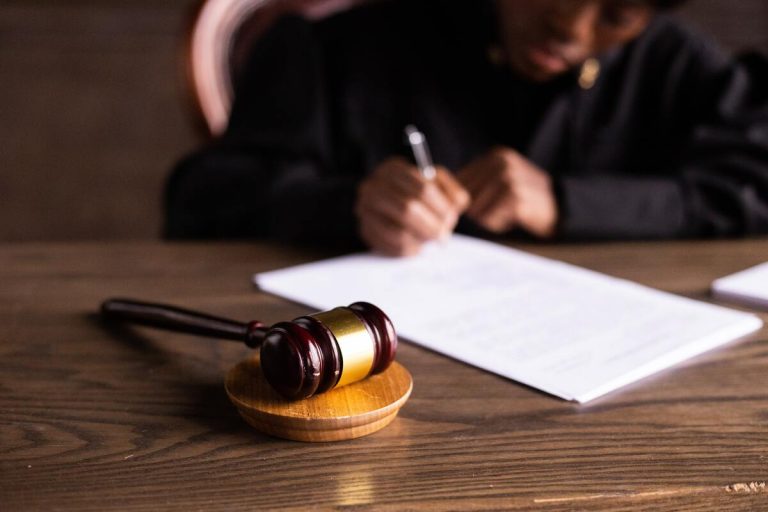Family life is something that everyone desires. On the other hand, family relationships may deteriorate due to differences and confusion. Some say that families are like furniture; they often get broken. Others believe that family is everything and that nothing is more important than maintaining strong family bonds.
According to statistics, 70 to 80 percent of Americans believe their families to be dysfunctional. This kind of family usually lives in constant conflict, which can take a toll on everyone involved. This often leads to arguments and, in some cases, violence.
Some of the common issues that family members argue over are:
- Lack of communication
- Financial problems
- Infidelity
- Extended family members living with them
- Disagreements over child-rearing or in-laws
When it comes to family disputes, there are several ways to settle them. While some people may choose to handle things privately, others may want the help of a legal professional. There are some highly-recommended legal ways to settle them. Here are five of the best:
Mediation
In this process, both parties involved in the dispute meet with a neutral third party, a mediator. The mediator will help facilitate discussion between the two sides to reach a resolution. This is often a good option for those who want to avoid court.
The process of mediation begins with both parties meeting with the mediator. The mediator will help to facilitate discussion and will work to help the two sides reach a resolution. Mediation can be used to resolve a wide range of family disputes, including divorce, child custody, and property division.
For example, if you’re diving assets in a divorce, the mediator can help you agree on who gets what. Suppose you have disagreements over child custody. In that case, the mediator can help you work out a parenting plan that both sides can agree on.
Arbitration
Arbitration is a process in which both parties agree to have their case heard by a neutral third party, known as an arbitrator. The arbitrator will listen to both sides of the case and then decide. This decision is binding, meaning that both parties must agree to it.
Arbitration is often used to resolve family disputes because it is typically faster and less expensive than court. The arbitrator will review both sides’ evidence and testimony and then decide. This decision is binding, which means that both parties must accept it.
Litigation
Litigation involves taking a case to court and having a judge or jury hear it. This is typically the last resort for families unable to reach a resolution through mediation, collaborative law, or arbitration.
Litigation can be costly and time-consuming, but it may be the only option for some families. In addition, litigation can be stressful and emotional for all parties involved. For example, a judge will consider the child’s best interests when dividing child custody. This can be a difficult decision for families to make on their own.
Collaborative Law
This is another option for those who want to avoid going to court. In this process, both parties will hire their own attorneys and work together to reach a resolution. The attorneys will help facilitate discussion and provide legal advice, but they will not represent either party in court.
Collaborative law is often faster and less expensive than going to court. It also allows both parties to have more control over the outcome of their case. In addition, collaborative law can help improve communication between the two parties and help them reach a resolution that is best for everyone involved.
Let’s say you’re a couple who wants to divorce but doesn’t want to go to court. You and your spouse need to hire the best divorce lawyers to represent you and work together to reach the best resolution for you and your family. The lawyers will also keep you and your spouse from squabbling or revisiting old pains.

Parenting Coordination
This is a process in which both parties meet with a neutral third party, a parenting coordinator. The parenting coordinator will help the two parties communicate and make decisions about their children. This is often used in cases where the parents are unable to agree on child-rearing issues.
A parenting coordinator can help improve communication between the two parties and help them make decisions that are in the best interests of their children. In addition, a parenting coordinator can help reduce the stress and anxiety of raising children.
All in All
Not all families are happy; some experience problems that must be resolved through legal means. The five legal ways to settle family issues listed above are highly recommended for resolving disputes fairly and promptly. If you are experiencing problems within your family, it is best to seek legal assistance as soon as possible.











